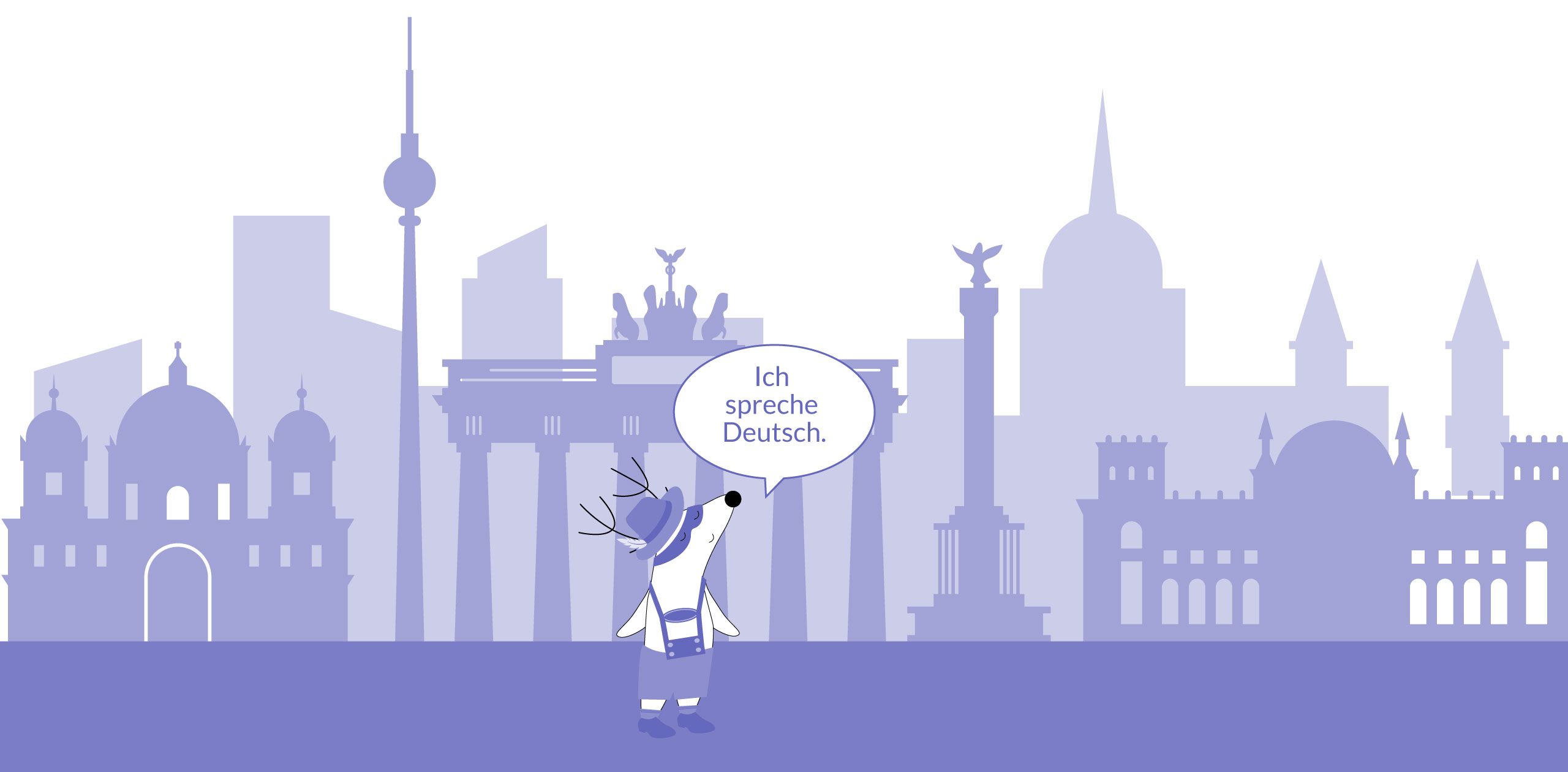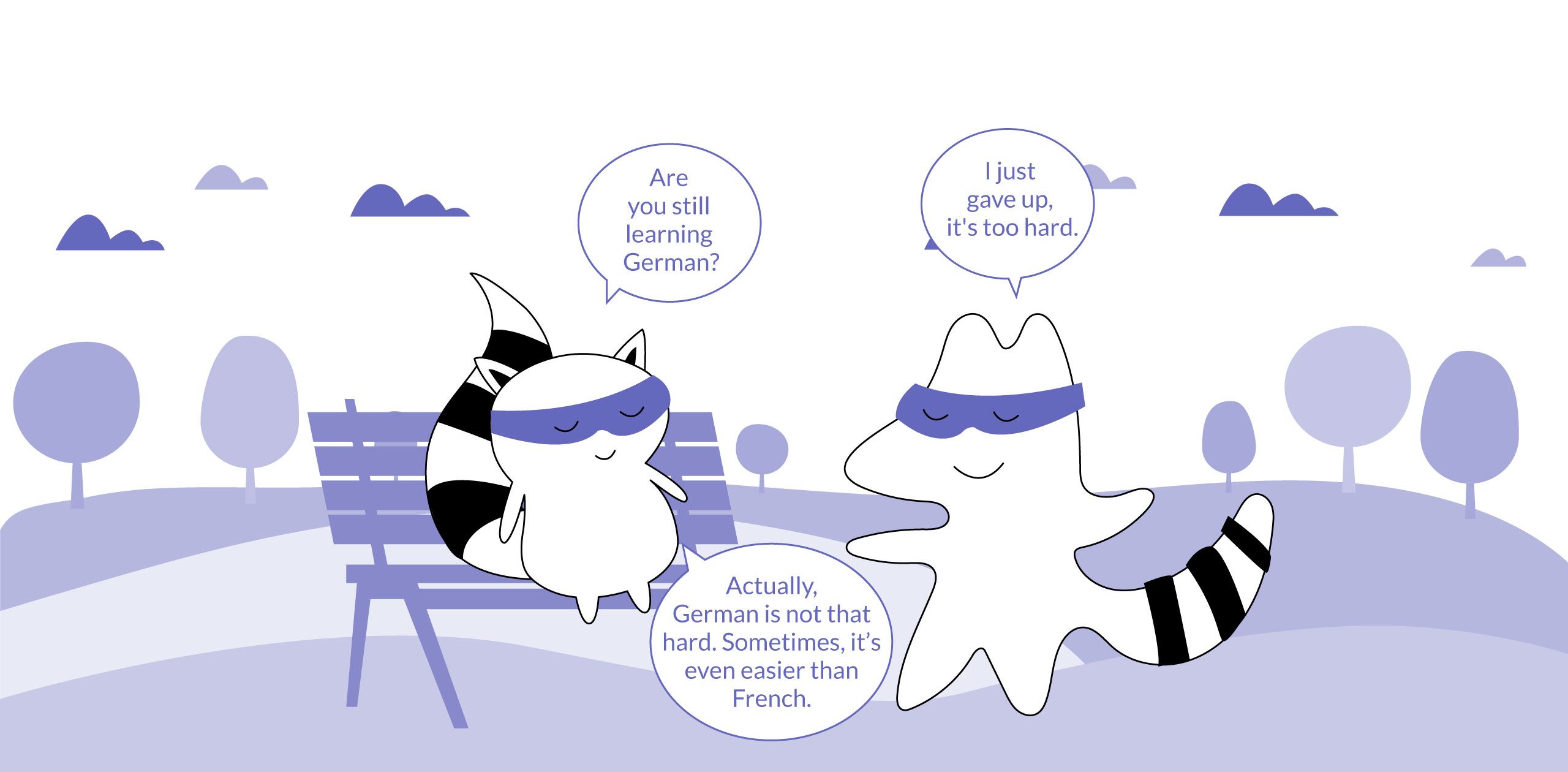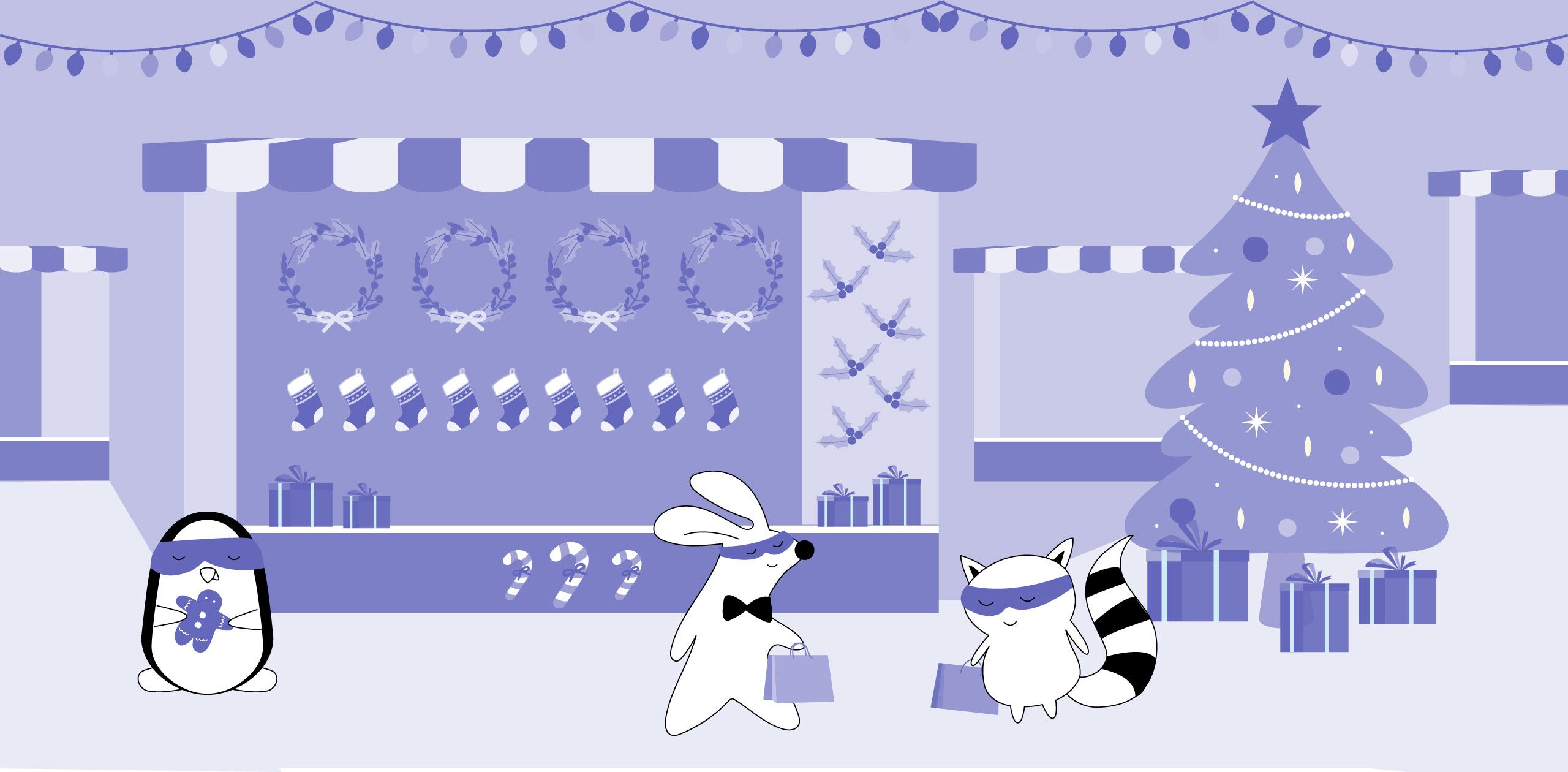
In Germany, there are many holidays celebrated throughout the year. Each holiday has its own unique traditions and meanings that are important to understand if you want to learn more about German culture.
Some of the more popular holidays in Germany include Christmas, Easter, and Labor Day - each of which has its own special customs and celebrations. Let's discover more about them and take a look at how Germans celebrate most of their public and national holidays. Read on!
Learn German with Langster
Christmas
Christmas is celebrated by people all over the world, and it has a special meaning for those who observe it.
Germans celebrate Christmas with a variety of traditions – some unique to their culture, while others are popular all over the world. The most common German Christmas traditions, just like in many other countries, include decorating trees, gift-giving, attending church services, singing carols, and eating festive foods like gingerbread cookies and sausages.
One of the most iconic aspects of German Christmas celebrations is Advent – a four-week period of waiting for Christ's birth. Children get Advent calendars to track the time with presents, and in many families, an Advent Wreath with four candles is put on display. Each week of Advent, one candle is lit.
In most German cities, Christkindlmärkte (Christmas markets) are put up during the holiday season, where you can buy traditional gifts, food, and drinks. If you ask us, these are the best places for family weekends as well as dates.
Advent is also the time for Christmas decorations. Many Germans adorn their homes with Christmas trees, lights, and ornaments. There's a tradition to decorate the windows with electric candles or paper decorations, like bells, angels, or nativity scenes.
While many people around the world celebrate Christmas Day, Christmas Eve is just as important a time here. While it is not considered a public holiday in Germany, many people work a half-day to get back to their family earlier and exchange presents (yes, Germans do that on Christmas Eve). This is the start of the following short Winter Holidays.
Christmas day, or Erster Feiertag (the First Celebration), as well as the 26th of December, called Zweiter Feiertag (the Second Celebration), are both public holidays in Germany and are used to spend time with family. Overall, the Christmas holidays are an important time for family gatherings in Germany – many people spend time at their grandparents' homes or take a vacation to be with their loved ones.
Easter
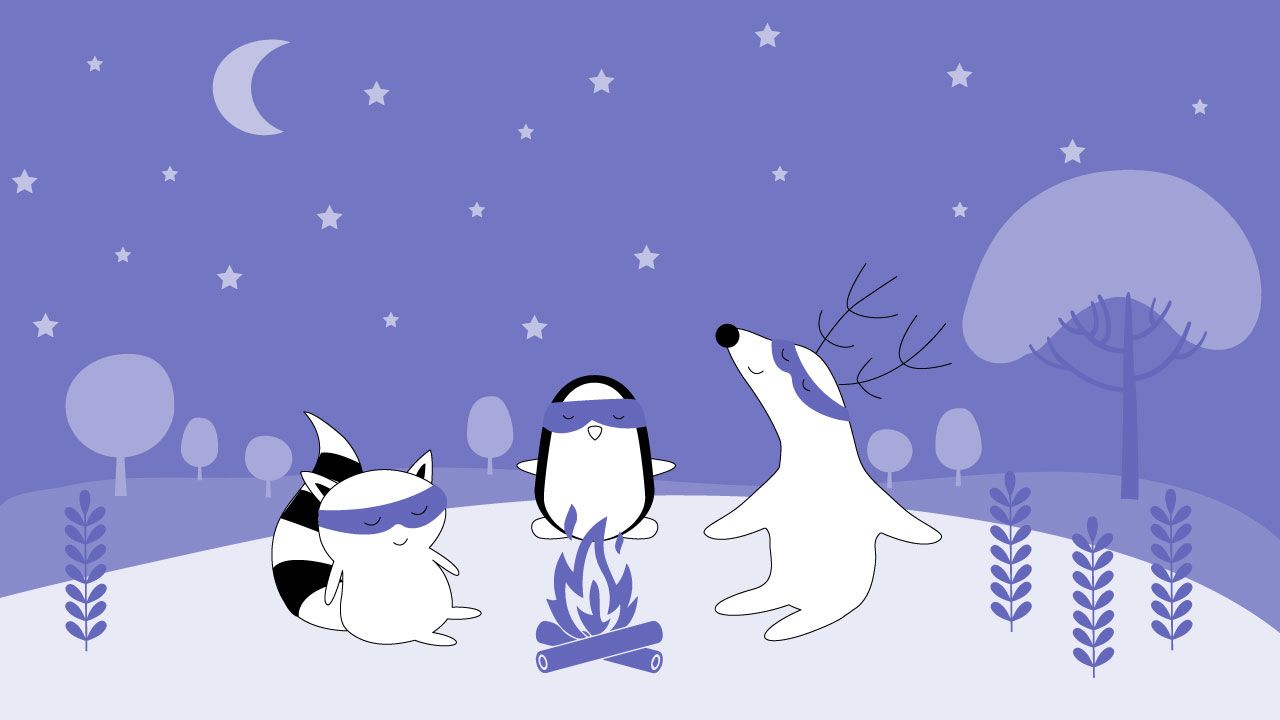
Easter is one of the most important holidays in many cultures, including Germany. People here celebrate it with unique traditions and family gatherings – but there are some key differences from other parts of the world.
In Germany, the Easter holiday is a four-day event that starts on Good Friday. Good Friday and Holy Saturday are both public holidays and are also considered "quiet days" (stille Tage), meaning that public events are prohibited.
Holy Saturday is usually the day of waiting and preparation – it's common to prepare food and bake cakes for the following celebrations. People in some parts of Germany, especially the northern regions, light Easter fires in the evening of this day, stay up all night, and allow the fires to burn until dawn.
In many German families, Easter Sunday starts with a special Easter mass held in the early morning. This is followed by a festive breakfast that consists of many types of traditional Easter-related food – like eggs prepared in different ways, roast lamb, or other lamb-shaped dishes.
The Easter Bunny, also known as Osterhase in German, plays an important role in the holiday celebration – many kids go egg-hunting this day to find candy eggs or small presents.
Easter Sunday, of course, is a national holiday in Germany, and, similarly to regular Sundays in German, businesses are closed. However, the same applies to Easter Monday, another day off. People take this as an opportunity to go into the countryside, have picnics, and generally enjoy nature.
Father’s Day and Mother’s Day
While Father’s Day and Mother’s Day are not public holidays in Germany, they are celebrated with great pomp. In fact, many people consider these days to be the most important family celebration of the year – after Christmas and Easter.
Father’s Day is celebrated each year on Ascension Day, which is a public holiday. Ascension Day is a religious holiday that commemorates the ascension of Jesus into heaven that happens on the 40th day of Easter. This marked Jesus' return to his father, and in 18th century Germany, became associated with fathers in general.
While Father's Day itself is not an official holiday, it is still widely celebrated across the country. This day is also known as Männertag (Men’s Holiday) or Vatertag (Father's Day), when men traditionally go out into the countryside for picnics, beer-drinking sessions, and other “manly” activities.
Mother’s Day is celebrated each year on the second Sunday of May, much like it is in many other countries around the world. This day has become rather commercialized in recent years, but it remains one of the most important holidays for families to show appreciation for their mothers. It is not a public holiday.
In Germany, people usually take advantage of special store offers – such as flowers or gift cards – to make their mother feel loved and appreciated on this special day. Overall, Mother’s Day and Father’s Day are both considered very meaningful family days that allow families to spend time together and appreciate each other.
International Women’s Day
International Women’s Day is another important holiday that is celebrated across Germany. This day commemorates the historic struggle for women’s rights, dating back to the early 20th century. The day also marks a time for celebrating modern female empowerment around the world.
In Germany, International Women's Day has become a very popular celebration over recent years. Many communities and cities host special events on this day – from marches to conferences and celebrations at restaurants or cultural centers. Activities are usually organized by local companies and groups that support gender equality and women’s empowerment issues.
Overall, International Women’s Day is a significant part of German culture and society, as it celebrates female progress in both workplace diversity as well as social roles outside the workplace. It is a day to recognize and appreciate the influential contributions that women have made and continue to make in Germany and around the world.
All Saints' Day
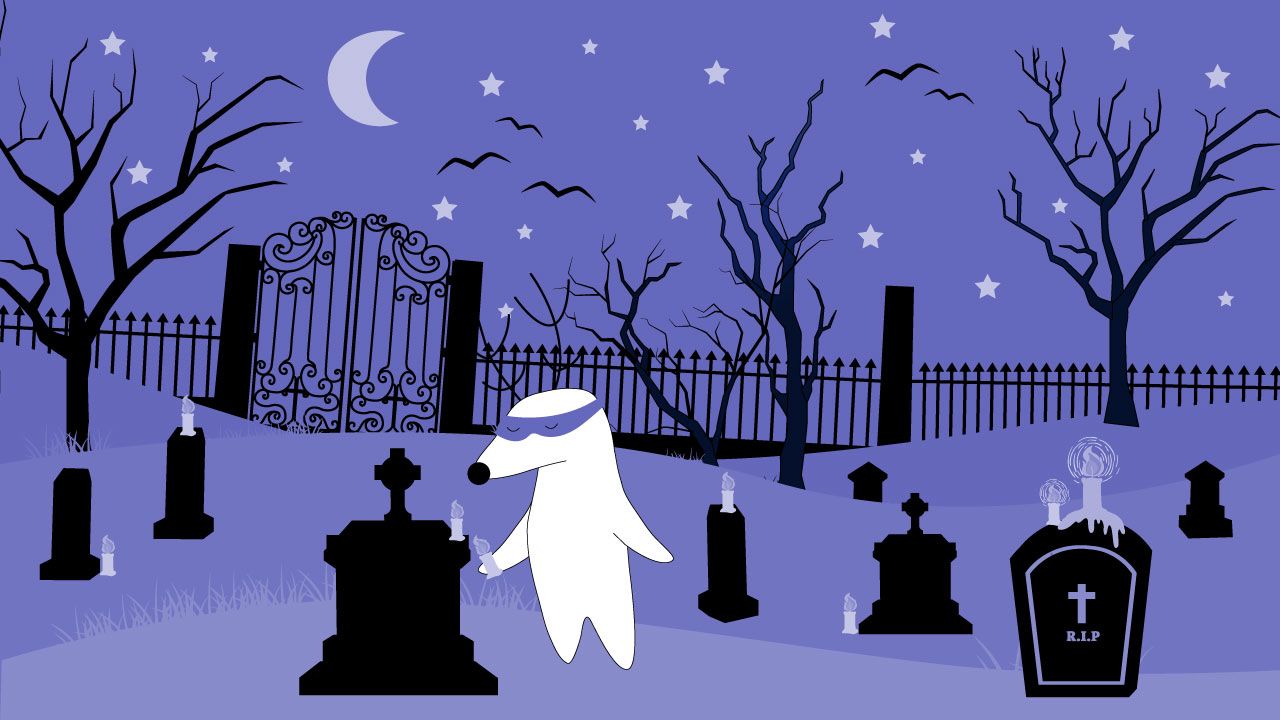
All Saint's Day, or Allerheiligen in German, is a holiday celebrated each year on November 1 to commemorate all the saints and martyrs as well as those who have passed away recently.
This day is associated with various Catholic traditions that are unique to German culture. For example, many families traditionally go to church on this day, often accompanied by their deceased loved ones, who are represented with flowers, candles, and photographs.
Other traditions include visiting cemeteries to clean and decorate the graves, as well as lighting candles at home to celebrate life and remember those who have passed away.
All Saint's Day is a meaningful holiday for many people in Germany, as it allows them to pay tribute to those they love who are no longer with them. It is also a time for reflecting on the important role that faith has played in shaping German culture and society over the years.
Labor Day
Labor Day, or Tag der Arbeit in German, is a national holiday that celebrates the achievements of workers and trade union movements.
This is one of the German public holidays marked with official speeches by politicians, as well as large parades organized by trade unions across Germany to celebrate unity and social progress for workers. Other activities include marching bands and street festivals – which are often accompanied by live music, food stalls, and local vendors.
Overall, Labor Day is an important celebration of labor rights and worker empowerment that occurs each year on May 1st in Germany as well as around the world. It is also a reminder of fairness at work and general human dignity, and is a meaningful day for both workers and the general public in Germany.
German Unity Day
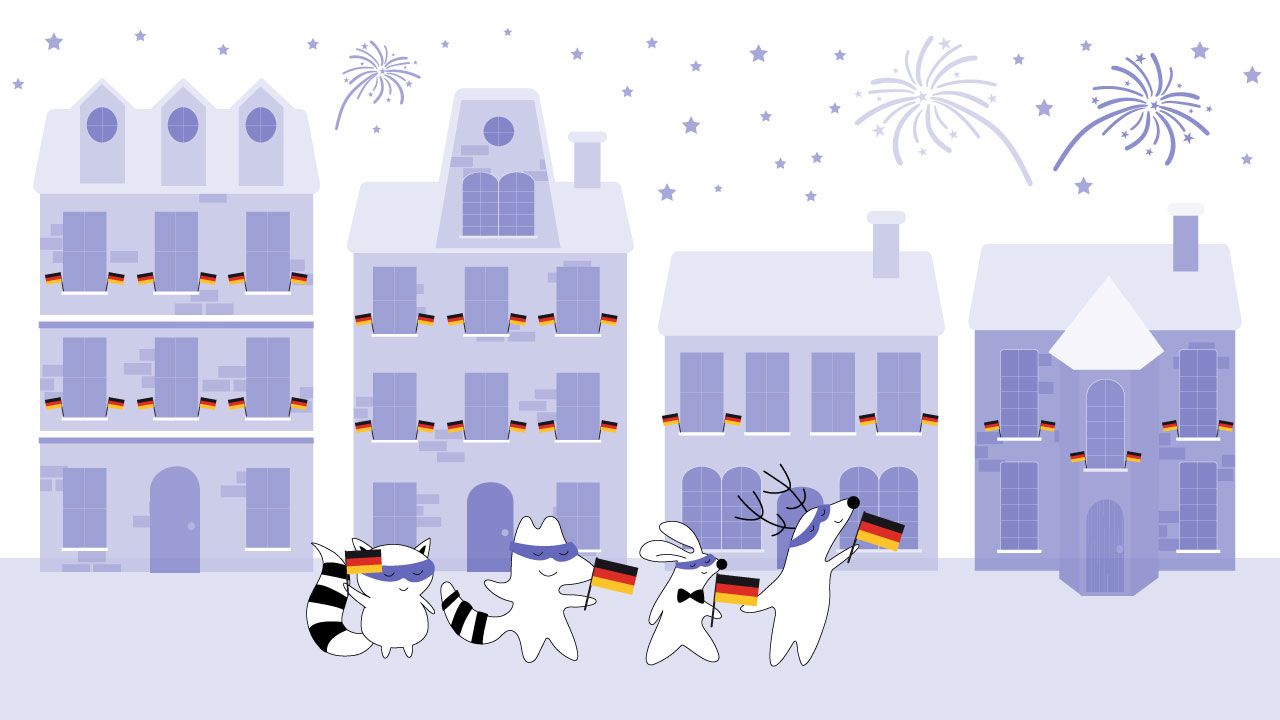
German Unity Day or Tag der Deutschen Einheit is a national public holiday celebrated each year on October 3rd in Germany. This German holiday commemorates the reunification of East and West Germany in 1990.
This day is marked with official government ceremonies, as well as various cultural events across Germany to celebrate German unity. Some popular activities include concerts, community festivals, parades, and other large public gatherings that often feature live music, art exhibitions, local food stalls, and more.
Overall, German Unity Day is a very important celebration of German unification – both politically and culturally. It serves as an annual reminder of the strength and resilience of the German people, and has become an indispensable part of modern German culture and society.
Other German Holidays
Aside from these popular holidays, there are many other holidays in Germany that are also celebrated each year. These include, among others:
- Religious holidays such as Whit Monday, Assumption day (a public holiday in Bavaria), Epiphany (a public holiday in several German regions), and Corpus Christi (a public holiday in certain German regions)
- Unofficial holidays like Halloween (also Reformation Day), November 11th (start of the Carnival season), and St Nicholas’ Day
- Regional holidays, including the Peace Festival in Bavaria and the Day of Prayer and Repentance in Saxony.
Bottom Line
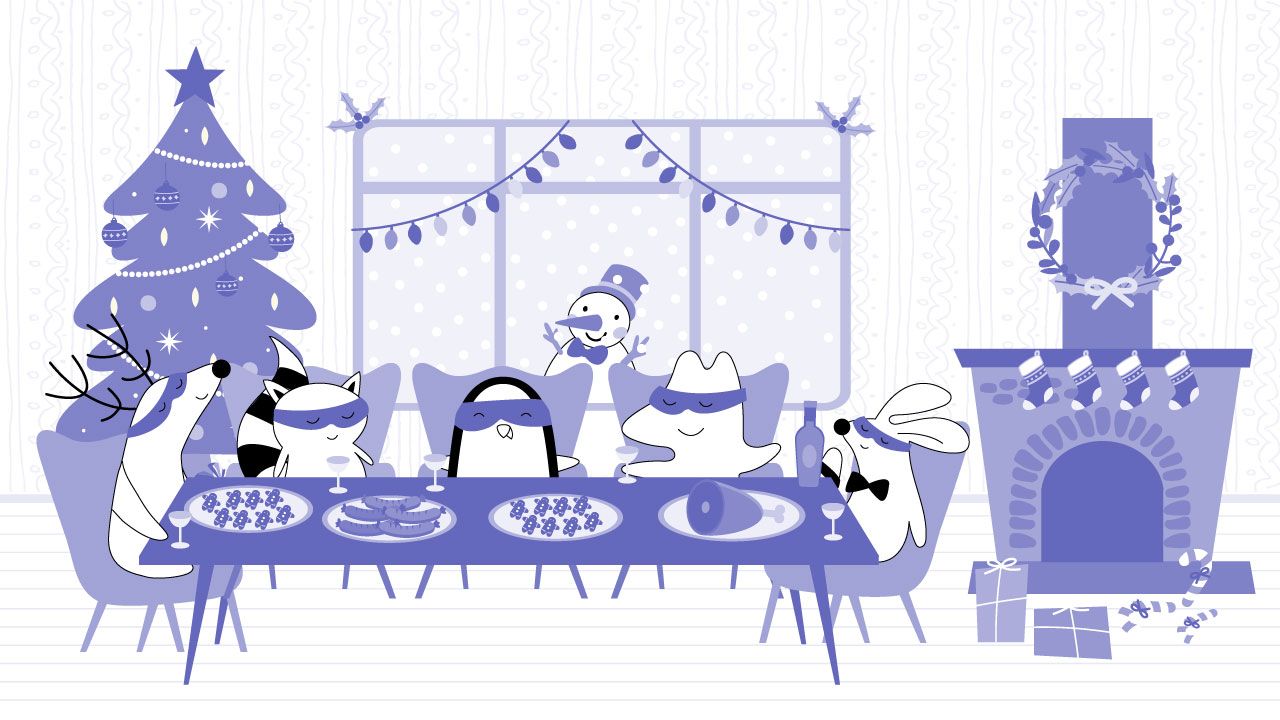
Germany is home to many unique and interesting holidays that celebrate the culture, history, faith, and unity of the German people. They are often marked by a variety of traditions and celebrations that reflect the unique character of German culture and society.
Whether you're planning to visit Germany or simply learn more about this fascinating country, if you have a chance, be sure to take part in some of these fun and meaningful celebrations.







